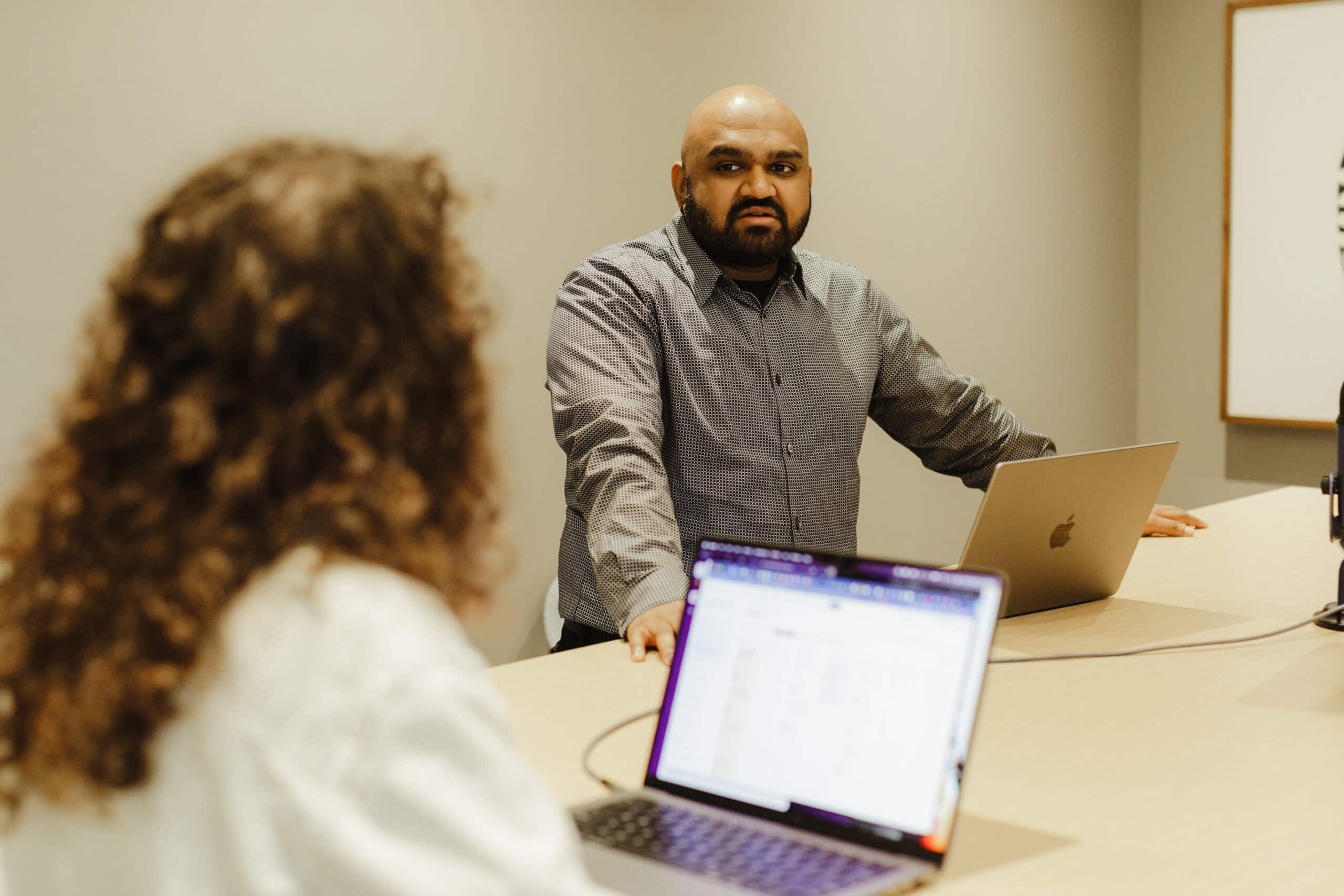Since joining Atomic I have had the opportunity to pair program with other makers more often than I have had in the past. This has been an incredible experience and has taught me a lot. At first, I found the process to be quite challenging. I would imagine that most people developing software would be used to the structure where you have your sprint and you have your assigned tickets and you work on those individually, occasionally reaching out to get help when you run into a roadblock.
The type of pair programming here is where your pair and you tackle the issue simultaneously. That definitely presented some large hurdles for me. Over time, though, I was able to become a better pair. I not only made the experience better for me but for my pair as well. Here are some tips I use to pair program more effectively.
Open Communication
Effective pair programming hinges on open and honest communication between developers. Create an environment where both participants feel comfortable expressing their ideas, thoughts, and concerns. Encourage active listening to understand each other’s perspectives better. Regularly discuss the code, design choices, and implementation details. By openly sharing thoughts, the pair can ensure they are on the same page, leading to better code quality and fewer misunderstandings.
Breaks
Pair programming can be mentally taxing, and long sessions without breaks can lead to burnout and reduced productivity. It’s essential to schedule short breaks during extended coding periods. Stepping away from the code, even for a few minutes, can provide a fresh perspective and renewed focus when you return. Utilize these breaks to discuss non-work topics, socialize, or simply relax. This practice not only improves the quality of the code but also fosters a positive working relationship between the pair.
Feedback
One of the greatest benefits of pair programming is the immediate feedback loop it provides. Embrace constructive criticism as a valuable learning opportunity. Avoid taking feedback personally, as it is not a judgment of your abilities but rather an avenue for improvement. Celebrate successes together, acknowledging the achievements made collectively. At the same time, embrace the chance to learn from any mistakes or areas that need improvement. By continuously striving to grow and refine your coding skills, you and your pair can become a stronger team.
Respect for Diverse Perspectives
Each developer brings a unique set of skills, experiences, and problem-solving approaches to the pair programming session. Respect and appreciate these differences, as they can lead to innovative solutions and new insights. Engage in healthy debates when approaching challenging tasks or architectural decisions. Pairs that consider multiple viewpoints can reach the most effective solutions. This also plays a role in giving feedback as it is important to not only give feedback but empathetic feedback.
Reflection and Learning
After each pair programming session, take the time to reflect on the experience together. Discuss what worked well and what could be improved. Identify patterns or practices that contributed to success and take note of areas that require further refinement. Regularly reviewing and learning from your pair programming sessions will lead to continuous improvement, increased productivity, and a more enjoyable coding experience.
Pair programming can be a challenging experience for any developer of any level. But it is one that I believe is purely beneficial and can lead to great growth for both parties involved. These are some of the main things I consider when I pair program. I hope these can be a good foundation for others to develop their pair programming skills so they can have a beneficial pair programming experience.

